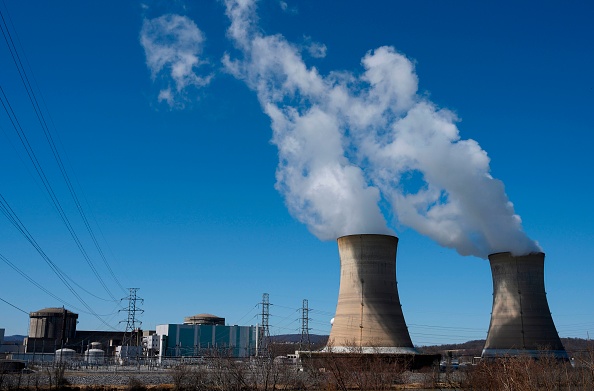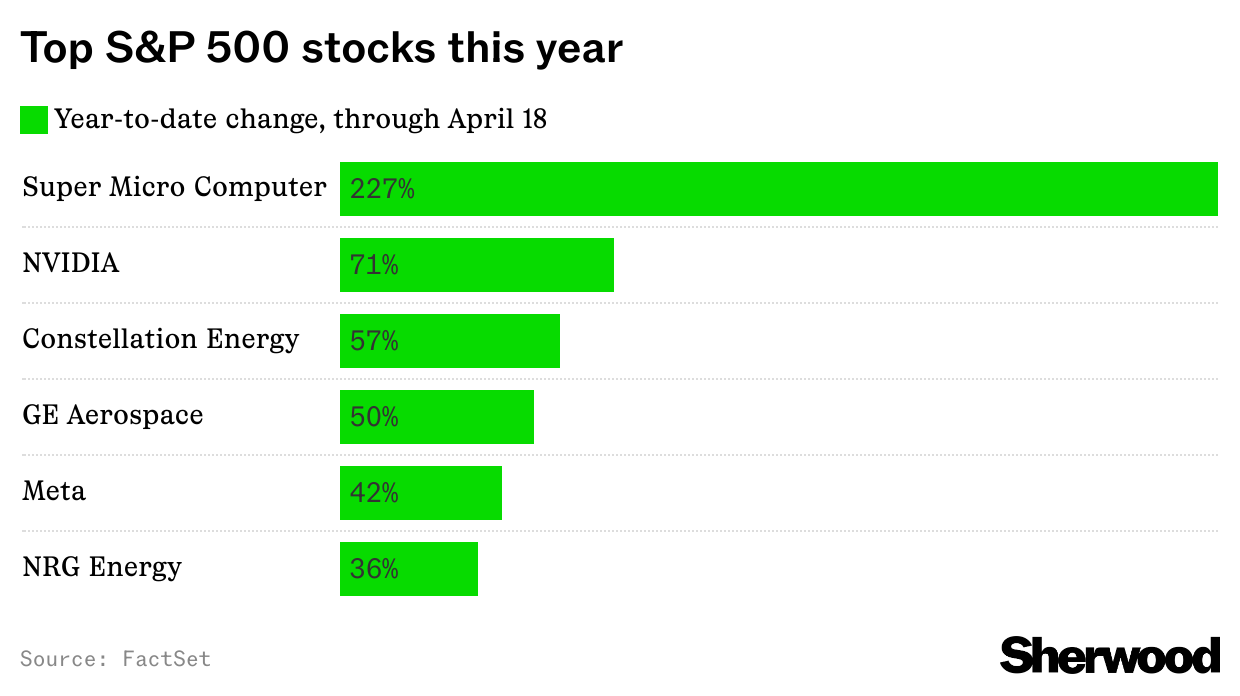Hey Snackers,
When life gives you lemons, make a Sprite rival: Pepsi is killing Sierra Mist and launching Starry to take on Coke’s Sprite, because apparently demand for lemon-lime-flavored soda has never been greater. Weirdly specific, but OK.
Stocks rose sharply yesterday as investors eagerly awaited today’s consumer-price report. They’re hoping it’ll show that inflation continued to cool in December.
Magic
Disney boosts park perks to restore some loyalty magic amid price hikes and long lines
$500 park tickets… for a five-hour Splash Mountain line. Disney’s revamping its perks and reservation policies as Mickey lovers return to a packed Magic Kingdom. New sweeteners include free overnight parking for resort hotel guests and digital downloads of screaming ride pictures for Genie+ pass holders (no more sneaking a blurry pic on your phone). There are also changes to Disney’s controversial reservation system, which was introduced during the pandemic:
- In Florida: Walt Disney World Resort’s annual passholders can enter most parks at 2 p.m. without a reservation.
- In California: Disneyland visitors with park-hopper tickets can switch parks as early as 11 a.m.
- FYI: Disney’s parks and experiences biz makes up a third of its annual revenue.
Not-so-happiest place… Last year Disney’s parks biz exceeded prepandemic attendance levels and notched record sales after it hiked ticket prices twice. But the Mouse House has faced growing criticism for lofty prices and unusually long lines. Case in point: up to half of Disney World park guests splurged on its Genie+ line-skipping pass last year.
You can’t buy loyalty, but you can reward it… As prices pick up, Disney has to offer better perks to keep guests splurging on Cinderella Castle suites and $12 corn dogs. Fresh benefits (even small ones) could help customers justify extra time and money spent — and help companies keep them loyal.
HODLOR
HBO’s "Game of Thrones" NFTs sell out even as crypto collectibles lose their sheen
Crypto winter isn't coming… it's here. But HBO embraced the cold this week, launching a "Game of Thrones" non-fungible-token collection on Nifty's digital marketplace. The 5K "hero box" NFTs — minted on ethereum and palm (an ethereum sidechain) — contain "GoT" characters like White Walkers and Free Folk. They were roundly mocked as poorly designed, but still sold out within seven hours — for $150 each.
Like "GoT" season eight… NFTs are in a slump. Once the talk of the tech town, NFTs receded from public consciousness as crypto scandals (think: TerraUSD, FTX) sucked up all the industry's oxygen. Trading volumes plummeted 97% from January to September of last year. And “wash trading” (picture: buying and selling to yourself to create the illusion of demand) is estimated to have represented over half of that dwindling pie. Even so, some non-techy NFT mints have managed to draw interest:
- NFTrump: Last month 44K Donald Trump-themed NFTs minted on polygon sold for $99 each. (Trading volume has since tanked.)
- NFTennis: The Australian Open plans to sell 2K+ tennis-themed NFTs ahead of next week's tourney. Last year the Open's mint of 6.7K NFTs sold out.
It's not tech culture — it’s pop culture… NFTs are no longer a buzzword. Last year they were supplanted by web3, which itself seems like a distant fever dream as investors now froth over genAI (cough, ChatGPT). But HBO's seemingly successful "GoT" mint suggests there's still an appetite for some NFT projects, assuming they have a strong mainstream hook.
What else we’re Snackin’
- Ground: First the Southwest fiasco, now this: thousands of flights were delayed yesterday after the FAA issued a US ground stop over a system outage. The White House said it was investigating.
- iScreen: Apple reportedly plans to start producing its own screens next year to bring more components in-house — a blow to partners like Samsung and LG. First in line for Apple-made screens: watches.
- Build: After falling short of its delivery target, Tesla plans to spend $770M+ to expand its Austin factory. It’s also reported to be nearing a deal for a plant in Indonesia that could produce 1M EVs/year.
- Reorg: Google parent Alphabet isn’t immune to the tech lay-off wave: Alphabet’s healthcare unit, Verily (one of its largest subsidiaries besides Google), is cutting 200+ employees, or 15% of staff.
- Suds: Bed Bath & Beyond soared 54% yesterday after reports that the struggling retailer would lay off more staff as a survival measure. BB&B had warned of a potential bankruptcy last week.
Thursday
- December Consumer Price Index is released
- Earnings expected from Infosys, TSMC, and Platinum Group Metals
Authors of this Snacks own ethereum and shares: of Apple, Disney, Google, and Tesla
ID: 2675823


.png)